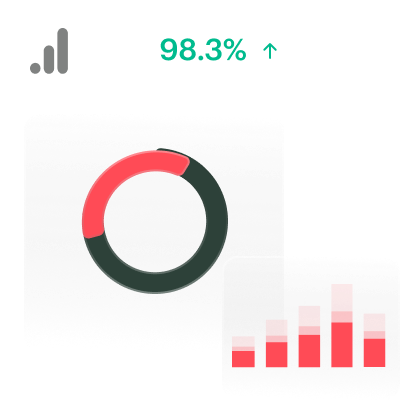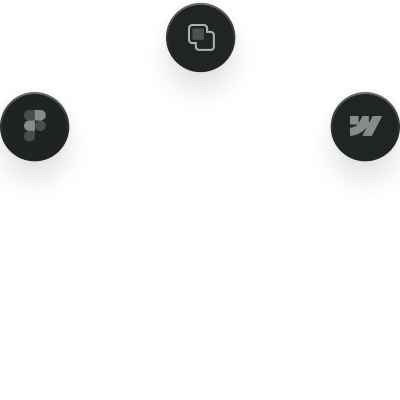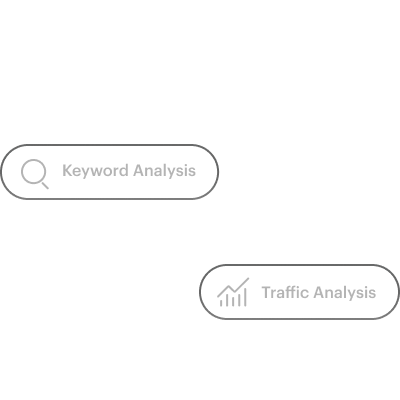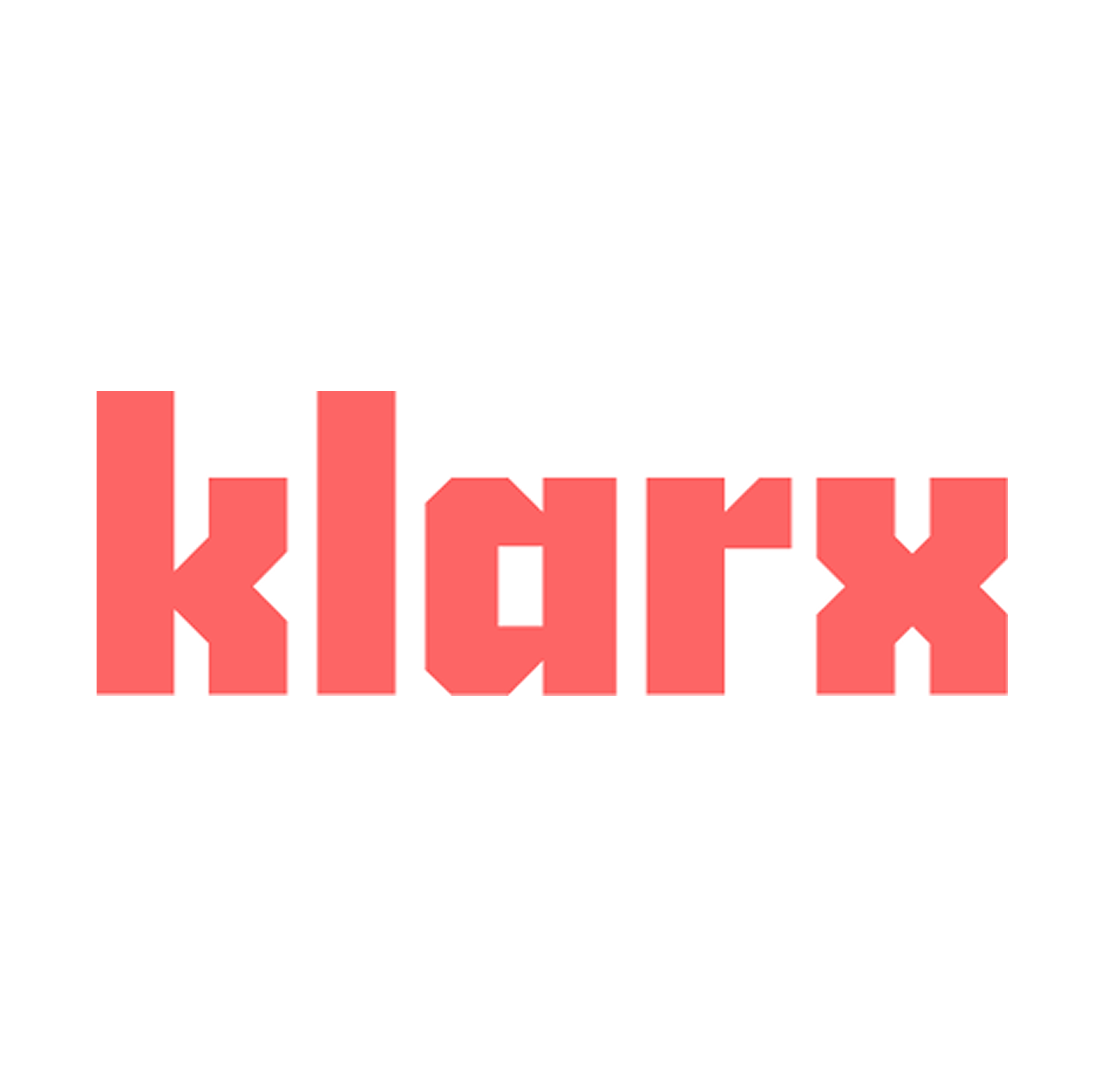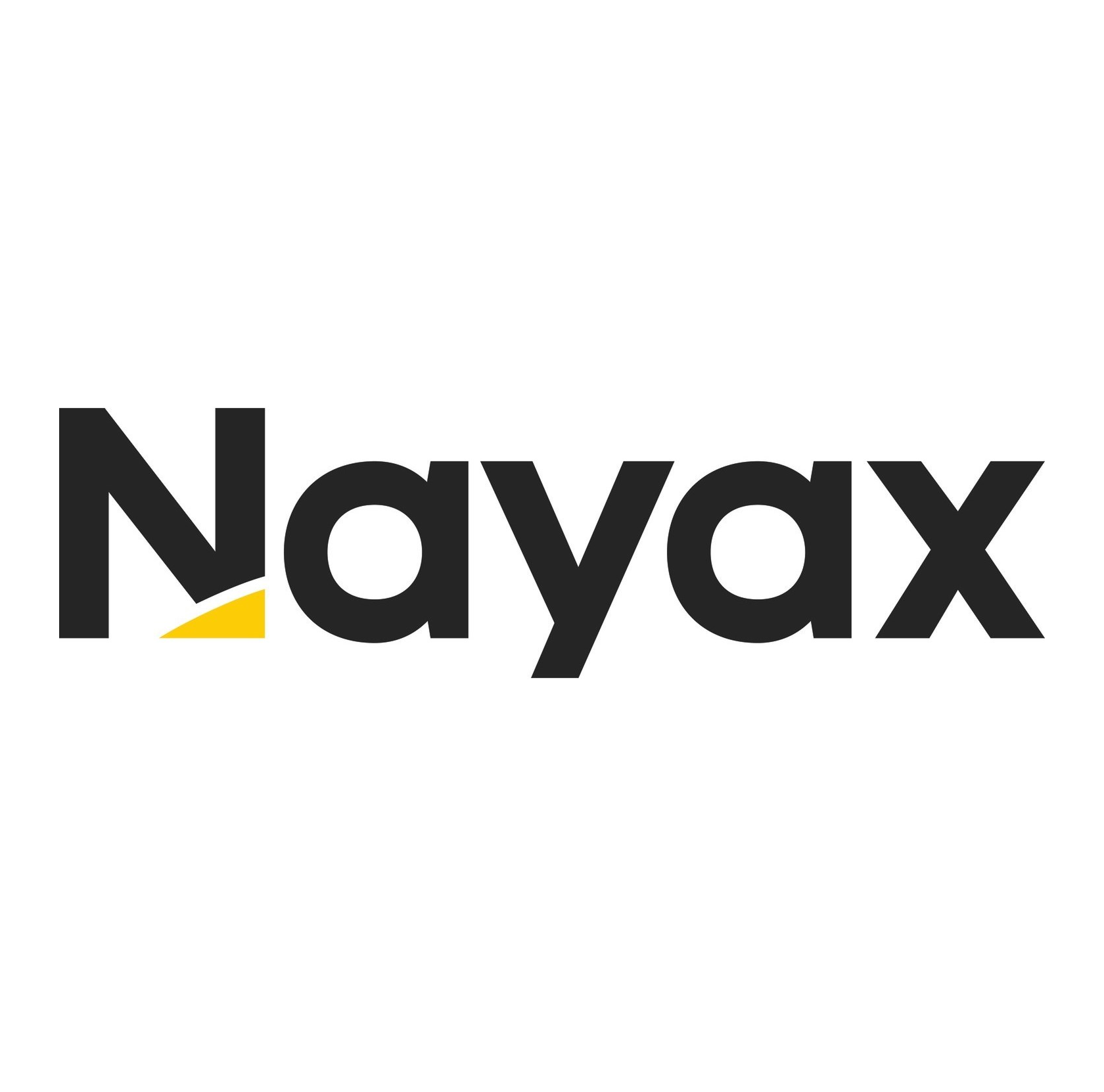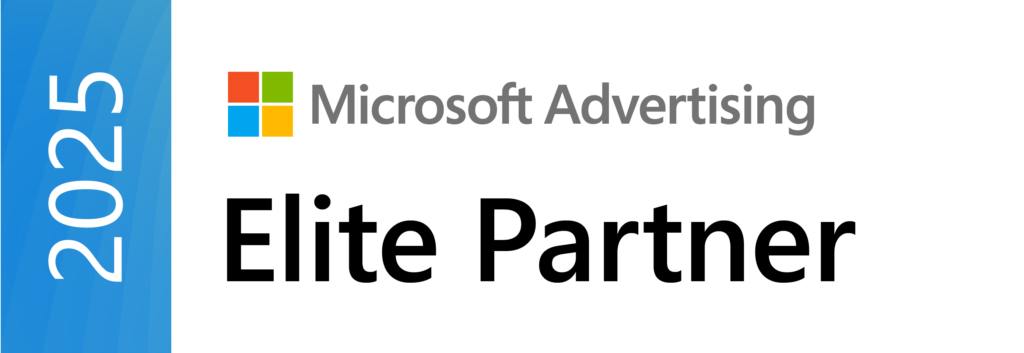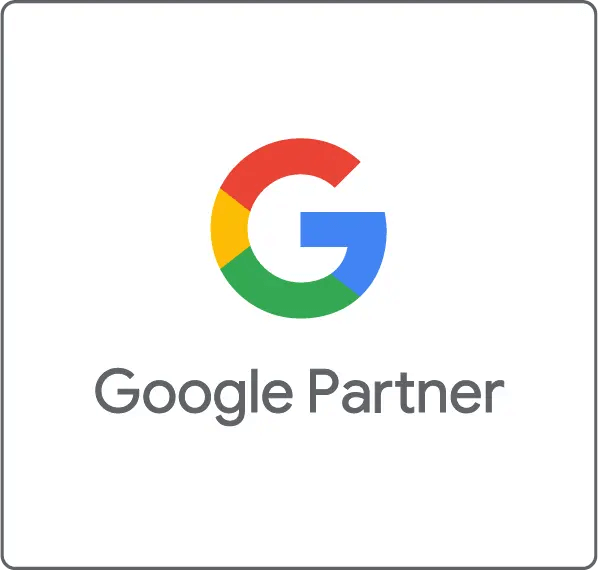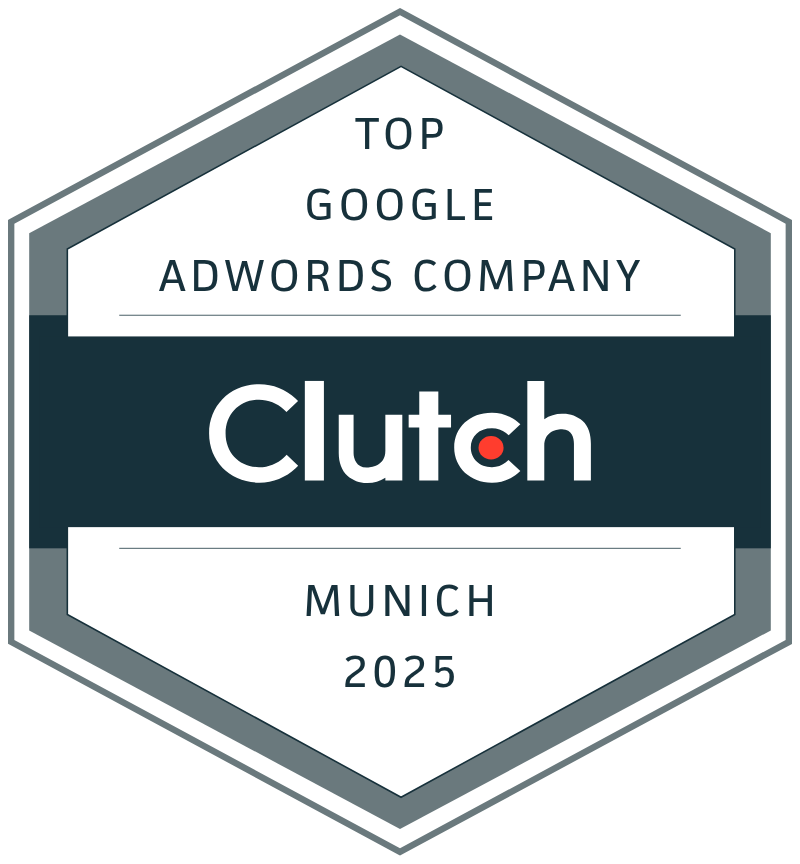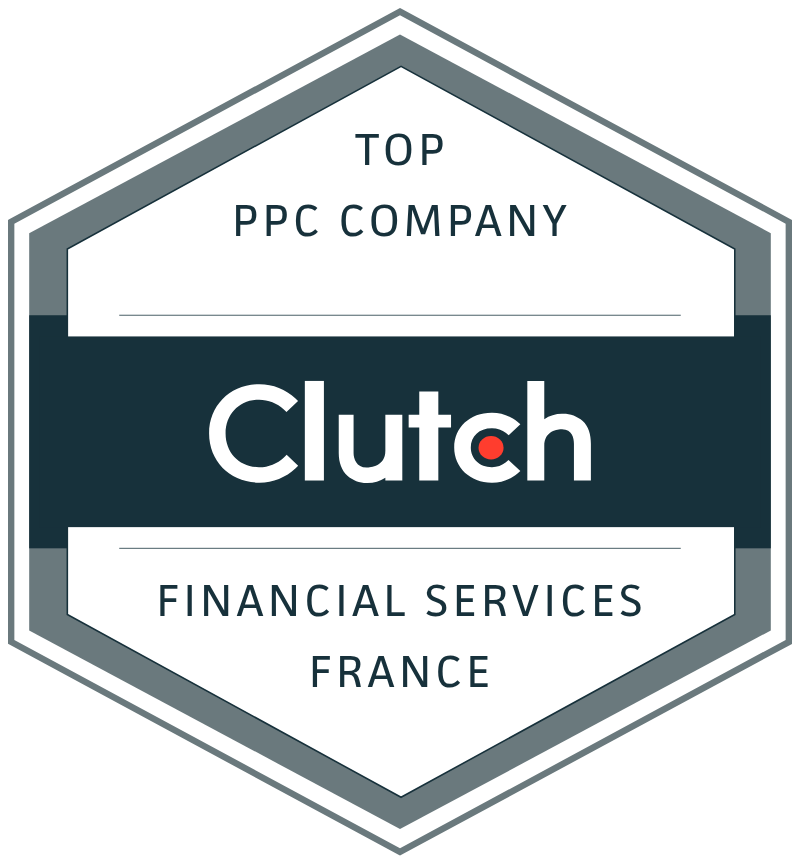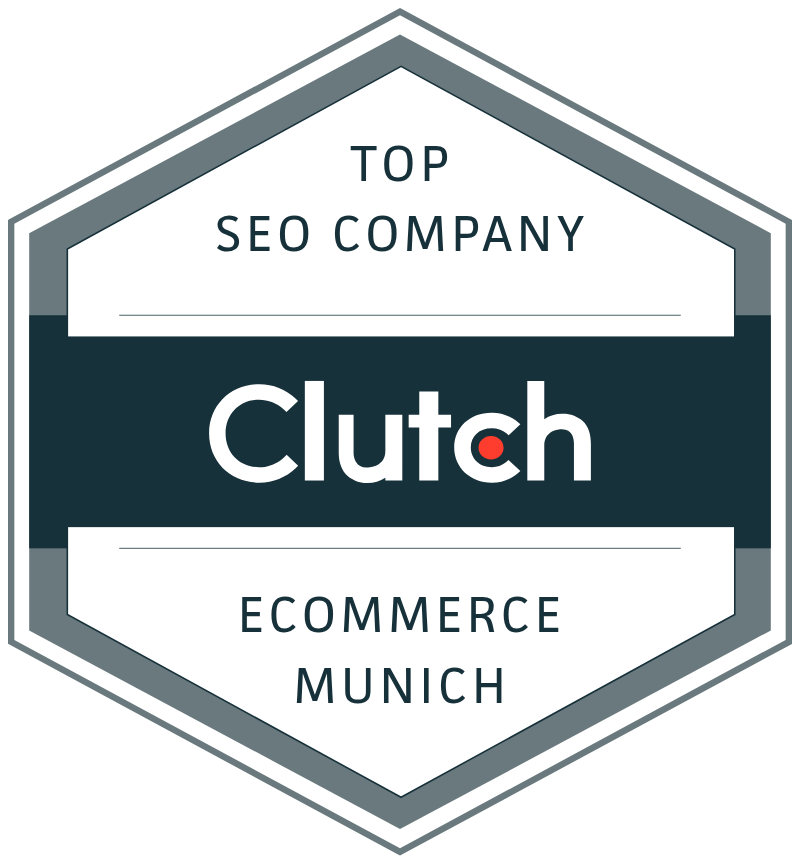The education industry – encompassing schools, higher education, and edtech providers – has transformed significantly in recent years. Institutions have invested heavily in online learning infrastructure; today, 98% of universities offer online courses in some form. Blended learning (combining in-person and online experiences) has become a norm, allowing flexibility and resilience against disruptions.
External challenges include fluctuating college enrollment (many universities face declining traditional student numbers and are expanding adult and online programs to compensate) and funding constraints in public education. Technological innovation is driving change: AI is being used for personalized learning (adaptive learning platforms that tailor material to each student), automated grading, and even AI teaching assistants that help answer student questions. Edtech companies are proliferating, offering everything from language learning apps to coding bootcamps, often on subscription models.
In digital marketing, educational institutions and edtech firms are in a competitive battle for attention and credibility. Universities use targeted ads and SEO to attract prospective students (for example, appearing in searches like “best online MBA”), and they emphasize outcomes and career support in their messaging. Social media and video are key for showcasing campus life or student success stories, helping to humanize and differentiate programs. Edtech companies often focus on content marketing (like free webinars or resources) to demonstrate expertise and value, leveraging free trials or freemium versions to hook users.
Trust is crucial – testimonials, accreditation, and rankings can heavily sway decision-making for learners and parents. The timeline from initial interest to enrollment has also shortened for many online programs, meaning marketing needs to quickly provide the right information and nurturing to convert interest into commitment.

